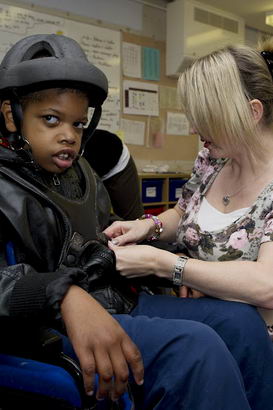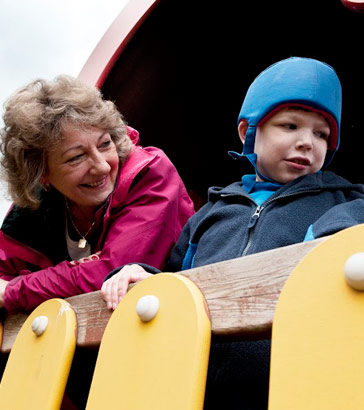
'The reforms are bringing about a culture shift in assessment and planning, with
a growing emphasis on personalisation, multi-agency working and outcomes-based approaches.'
(Department for Education/Department of Health, 2014)
The emphasis is on personalisation across the
system, including:
- Personalised teaching and support (e.g. sections 1.24, 7.14);
- Education, health and care plans (e.g. sections 9.105-9.106);
- Personal choice through personal budgets/direct payments and the local offer (e.g. sections 2.17, 9.112);
- Staff training on personalisation (e.g. section 3.40);
- Aspirations for joint commissioning arrangements
(e.g. section 3.7).
(0-25 SEND Code of Practice, 2015 (CoP))
high quality teaching

'High quality teaching that is differentiated and personalised will meet the individual
needs of the majority of children and young people… Special educational provision
is underpinned by high quality teaching and is compromised by anything less.'
(0-25 SEND Code of Practice, 2015 (CoP), section 1.24)
'[Agencies and services] should aim to provide personalised, integrated support that delivers positive outcomes for children and young people, bringing together support across education, health and social care from early childhood through to adult life, and improves planning for transition points such as between early years, school and college, between children's and adult social care services, or between paediatric and adult health services.' (CoP, section 3.7)

Local authorities must work to integrate educational provision and training
provision
with health and social care provision where they think that this would
promote the well-being of children and young people with SEN or disabilities, or improve
the quality of special educational provision.
(0-25 SEND Code of Practice, 2015, section 3.13)
To make the best use of resources, partners should consider how an integrated approach can best support:
- Prevention – for example using the outcomes of developmental assessments as outlined in the EYFS to target early help for children experiencing developmental delay can reduce the need for specialist services later on;
- Early identification of needs;
- The resilience of families and local services to enable children and young people with more complex needs to participate actively in their local community;
- Better access to services;
- The development of good language, communication
and mental health through universal services so that effective use is made of specialist speech and language therapy services and the Child and Adolescent Mental
Health Service (CAMHS);
- Better transitions between life stages and settings, including from early years to primary education, primary to secondary and secondary to further education (FE); and
- Children and young people in preparing for adult life.
(0-25 SEND Code of Practice, 2015, section 3.37)

Legislation and guidance
- Children and Families Act 2014
- Special Educational Needs and Disability Code of Practice: 0-25 years (Department for Education/Department of Health, 2015)
Other publications
- Department for Education/Department of Health (2014) 'Support and aspiration:
implementing the SEN and disability reforms' (presentation). London: DfE/DH. [Online
at: http://webcache.googleusercontent.com/search?q=cache:buY2QbYppJEJ:www.sendpathfinder.co.uk/files/
page/449249/Comms_pack.ppt+&cd=1&hl=en&ct=clnk
&gl=uk; accessed: 16.3.15]